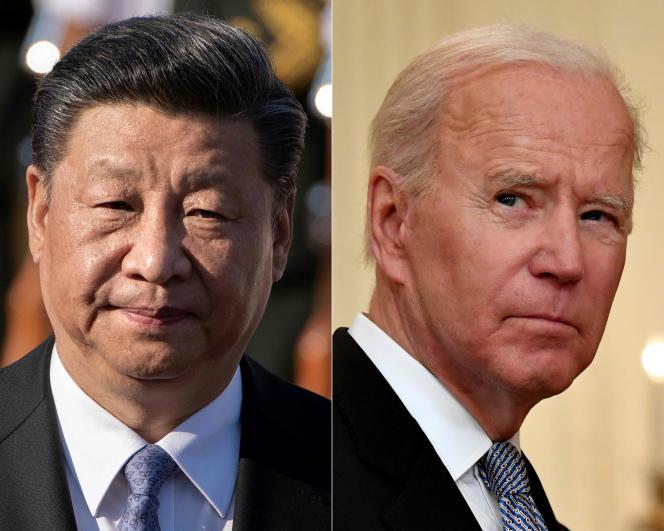US President Joe Biden and Chinese President Xi Jinping convened on Wednesday outside of San Francisco, marking their first face-to-face meeting in a year. The summit, occurring on the sidelines of the Asia-Pacific Economic Cooperation (APEC), comes amid heightened tensions between the US and China. Biden emphasized the importance of clear communication, stating, “It’s paramount that you and I understand each other clearly leader to leader, with no misconceptions or miscommunication.”
Xi, on his first visit to the US in six years, echoed Biden’s sentiment, stating, “For two large countries like China and the United States, turning their back on each other is not an option. Planet Earth is big enough for the two countries to succeed.” The meeting serves as a critical test for both leaders in addressing escalating tensions amid global challenges.
Despite months of friction, the fact that the meeting took place was considered positive by White House aides. The discussions included issues such as fentanyl supplies from Asia and the lack of military communication. President Biden aims to restore communication channels with President Xi, emphasizing the need for collaboration on various fronts, including climate change, countering narcotics trafficking, and approaching artificial intelligence.
While acknowledging the impacts of the COVID pandemic on the world, Xi stated that the relationship between China and the US has faced challenges over the last 50 years but has continued moving forward. The leaders engaged in discussions on the strategic direction of the bilateral relationship, addressing regional and global matters such as Russia’s invasion of Ukraine, the Israel-Hamas conflict, and Indo-Pacific dynamics.
Opportunities for collaboration on transnational challenges, including climate change and counter-narcotics efforts, were explored. The leaders discussed human rights, trade-related issues, the South China Sea dispute, and the fair treatment of US businesses and workers. The primary US objective is to establish a framework for navigating the complex relationship responsibly, focusing on competition management, conflict mitigation, and the preservation of open communication lines. The approach aligns with the expectations of partners and allies.























